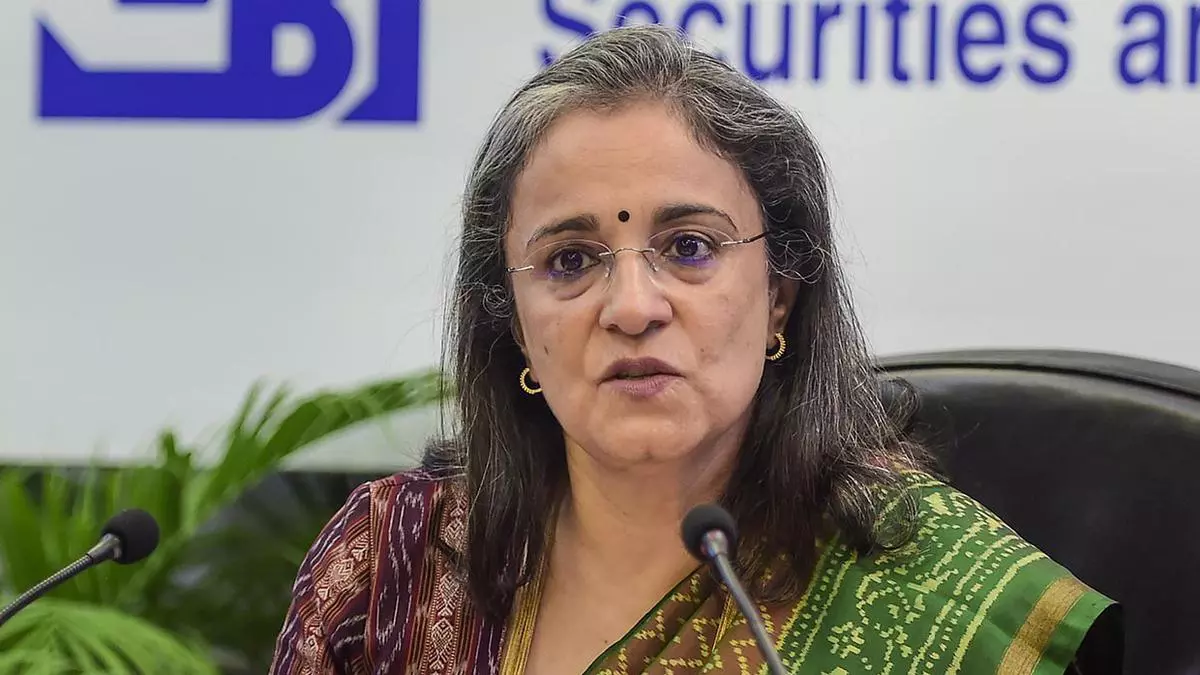SEBI chief asks AMFI to form ethical committee
SEBI Chairman Madhabi Puri Buch has directed the Association of Mutual Funds of India (AMFI) to set up an ethics committee to ensure that all members of the industry follow the regulations letter and spirit.
The industry must ensure that its members do not take shortcuts to attract investors and back assets under management. SEBI believes in the consultative process during the drafting of regulations and expects industry to adhere to it.
Self-regulation
“Even one bad apple in an industry can bring the entire industry into disrepute, especially when it is recognized for its good work. Any mischief done by a particular person can undo the hard work of the entire industry,” she said, opening a new office for AMFI on Tuesday. It will be very difficult to restore investor confidence.
Buch said SEBI gives the industry an opportunity to regulate itself on the ethical front and it hopes not to make the regulator come down hard on it. She added that sometimes when a scam appears in the industry, those in the industry are not at all surprised, as they were expecting it to break and move on to the next business.
“We know that AMFI does not have the status of SRO (Self-Regulatory Organization) but has so far succeeded in coordinating between SEBI and industry. By the same token, it must ensure that bad apples are eliminated,” Buch said.
using technology
SEBI has adopted an institutional process to check for wrongdoing by individuals in the industry. “We have succeeded in laying a strong foundation and the regulator wants to build a beautiful structure on it. The industry should not let the hard work they do go to waste,” added Buch.
Industry leaders may earn a lot more money in salaries and bonuses than in terms of stock options. Ultimately, however, they will be remembered by future generations if they left a strong foundation for vibrant capital markets, she said.
She added that AMFI should take advantage of technology to get rid of the bad apples and promote financial inclusion because it is not only efficient, but also cost-effective.
